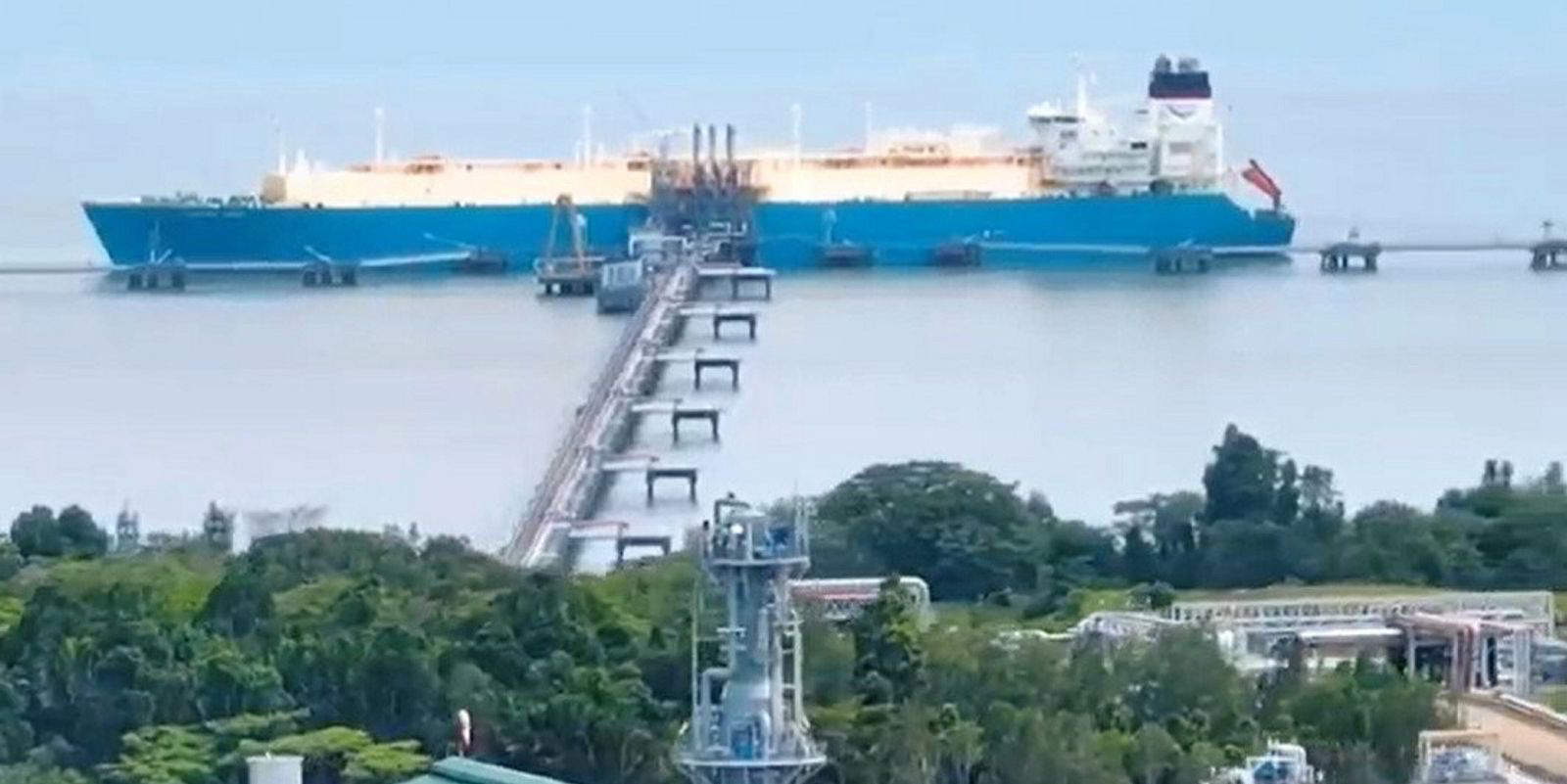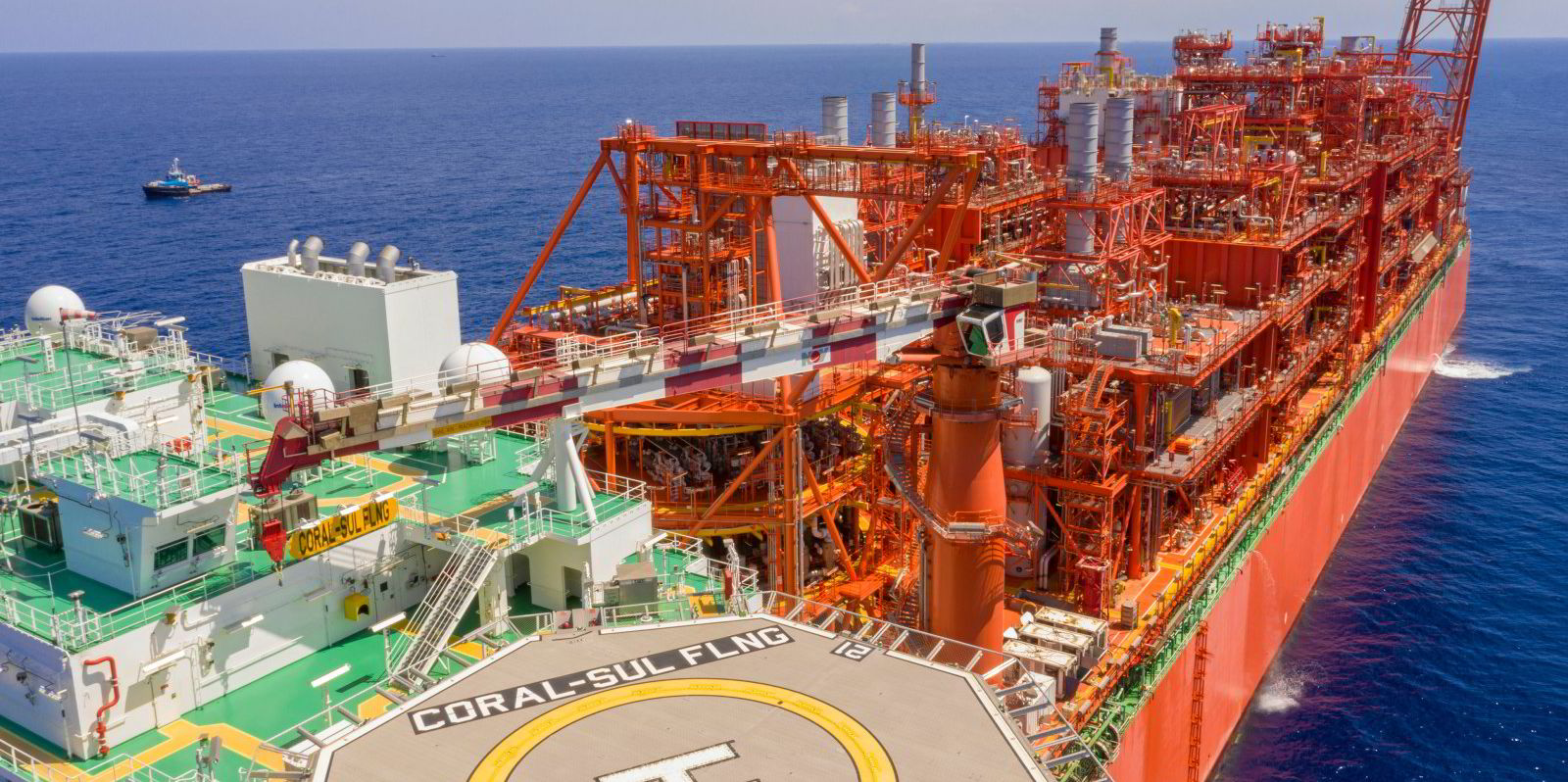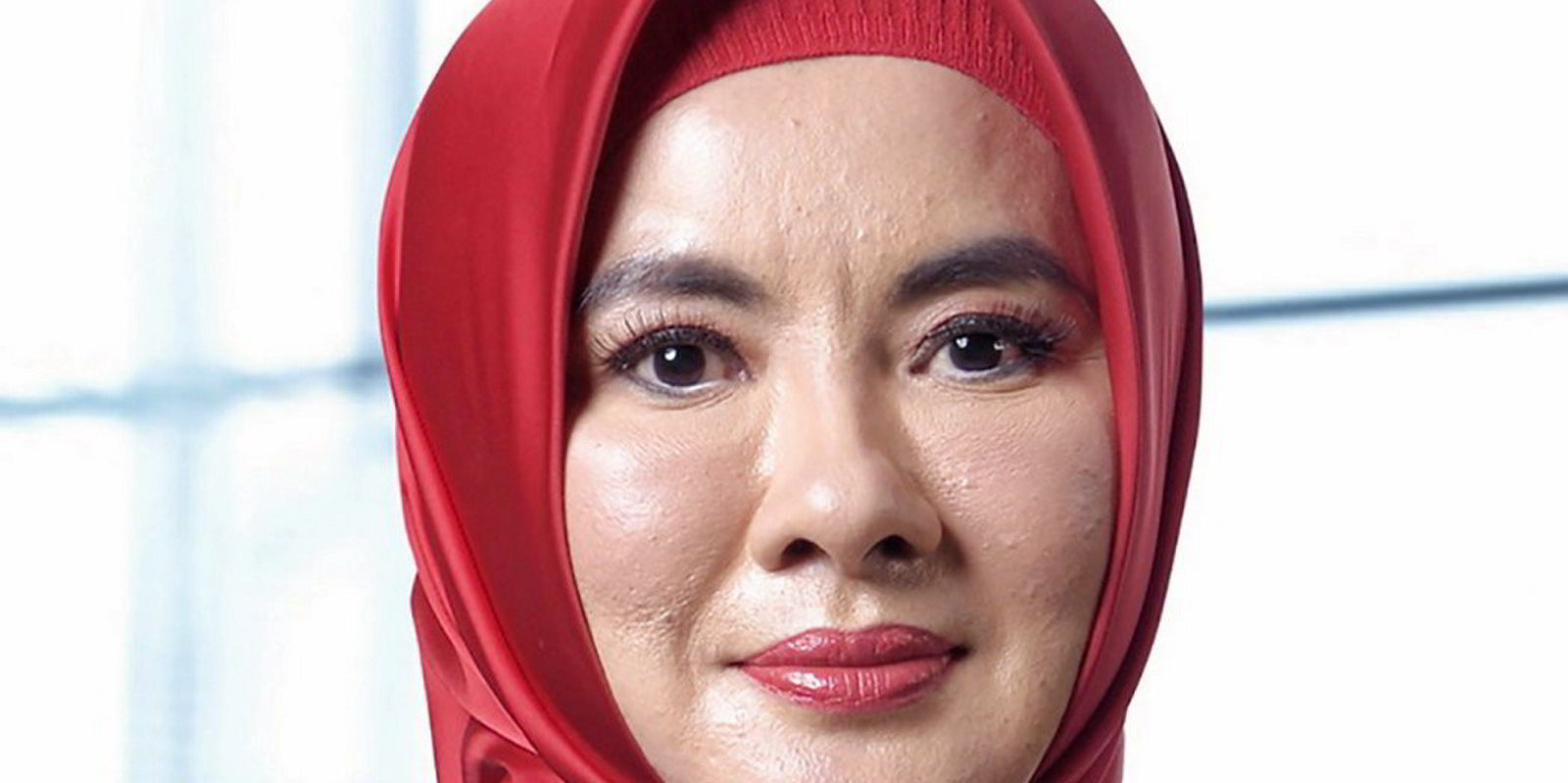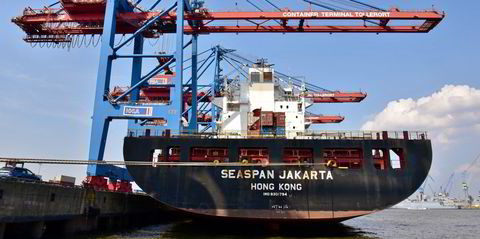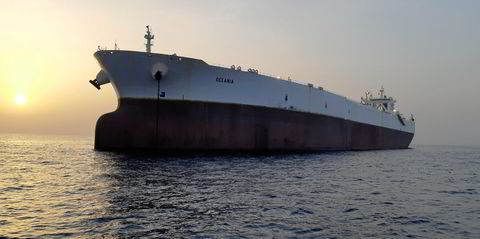Energy major BP has exported a first cargo from its newly started up Train 3 at the Tangguh LNG project in Indonesia.
The shipment left the facility on 18 October. But BP has yet to name the vessel that lifted the cargo.
Data provider iGIS/LNG names the vessel as the 173,644-cbm British Partner (built 2018).
BP said it is due to be delivered to state-owned power generator PLN’s regasification facility in Arun, Nanggroe Aceh Darussalam province, Indonesia.
The start-up of this 3.8-million-tonnes-per-annum third liquefaction train at the Papua Barat plant boosts Tangguh LNG’s total production capacity to 11.4 mtpa.
BP said this marks the start of full commercial operation of the expanded Tangguh LNG facility, which has been in operation since 2009.
The major said the expansion project included the construction of two offshore platforms, 13 new production wells, an LNG loading facility and supporting infrastructure.
At its peak, the company said more than 13,500 workers were involved in the project’s development at the remote site, with a total of more than 155 million work hours spent to complete the project.
BP said the Tangguh partners are making progress towards the next planned phase of development at the project, which will include the adoption of carbon capture utilisation and storage technology to help reduce CO2 emissions.
BP said the expanded LNG production facility is expected to account for more than one-third of all Indonesian gas production.
Indonesia oil and gas regulator SKK Migas chairman Dwi Soetjipto said: “Tangguh is the largest LNG producer in Indonesia and the production from Tangguh’s three-train operation will significantly contribute to the national gas production target of 12 bscf/d by 2030,” he said.
Anja-Isabel Dotzenrath, executive vice president for gas and low carbon energy at BP, said Tangguh is expected to account for more than one-third of Indonesia’s gas production.
“For BP, building our gas and LNG business is central to our strategy as we transform to an integrated energy company, investing in today’s hydrocarbon energy system as well as growing new lower carbon businesses,” Dotzenrath said.
